Colombian President Gustavo Petro has claimed that Trump administration’s pressure campaign on Venezuela is more about accessing the South American country’s oil than fighting drug trafficking.
As US military activity increases in the Caribbean and the Pacific, Petro told CNN in an interview, “(Oil) is at the heart of the matter,” noting that Venezuela holds what are considered the largest proven oil reserves in the world.
“So, that’s a negotiation about oil. I believe that is (US President Donald) Trump’s logic. He’s not thinking about the democratisation of Venezuela, let alone the narco-trafficking,” he said, adding that Venezuela is not considered a major drug producer and that only a relatively small portion of the global drugs trade flows through the country.
Petro has been at odds with Trump since his return to the White House, repeatedly condemning the administration’s immigration policies, its support for Israel and its expanding military activity in Latin America.
On Tuesday, he accused Washington of trying to impose its will on neighboring countries, likening its actions to imperialism.
“The United States cannot be considered an empire, but one of the nations among others,” CNN quoted him as saying.
Asked for a message to Americans, Petro said, “My message is the one they give to all members of the United States special forces: Your function, as they say in the oaths, is to fight against oppression. I repeated that on the streets in the United States, and it also cost me.”
He appeared to be referring to the US State Department’s decision to revoke his visa after the UN General Assembly in September, following his call for US soldiers to disobey Trump and “not to point their rifles at humanity.”
Quick Reads
View AllThe visa revocation is one of several steps the Trump administration has taken against Petro in recent months.
In October, the US Treasury sanctioned the Colombian president, accusing him of playing a “role in the global illicit drug trade,” a claim he has rejected.
The sanctions came just days after Trump threatened to halt all US payments and subsidies to Colombia, saying Petro “does nothing to stop” drug production.
Petro’s cocaine seizure claims
Petro defended his government’s anti-narcotics record, telling CNN that Colombia has seized more cocaine than any administration in history.
“So much so that in recent years, I have managed to ensure that the growth in crops, which is stagnating, is far surpassed by the growth in seizures,” he was quoted as saying.
When asked why Trump has not acknowledged those results, Petro responded: “Because of pride. Because he thinks I’m a subversive thug, a terrorist, and things like that, simply because I was a member of the M-19,” referring to the Colombian guerrilla group active in the 1970s and 1980s.
Petro also said he believes the US is comparing him to Venezuela’s President Nicolás Maduro.
His remarks came a day after the US designated the Cartel de los Soles — which Washington claims is led by Maduro — as a foreign terrorist organisation. Venezuela denies the allegation, and experts say the term refers more to allegedly corrupt officials than a structured criminal group.
Petro said he is not convinced by US accusations linking Maduro to drug trafficking.
“The problem of Maduro is called democracy … the lack of democracy,” he told CNN, adding that “no Colombian investigation … has shown us a relationship between Colombian drug trafficking and Maduro.”
Venezuela not a cocaine-producing country
According to the CNN report, citing UNODC data, Venezuela is not a cocaine-producing country. More than 2,500 of the world’s 3,700 tons come from Colombia, and Venezuela does not appear on production maps.
The UNODC notes that “the majority of Colombian cocaine is being trafficked north along the Pacific coast.” The DEA similarly reported in March that 84% of cocaine seized in the US originates from Colombia.
Over the weekend, Colombia’s Noticias Caracol reported alleged links between Colombian officials and former FARC dissidents, claiming senior military and intelligence figures shared sensitive information and advised armed groups on weapons procurement and avoiding scrutiny.
Petro has denied the allegations but ties between officials and traffickers have existed for years, predating his presidency.
A US State Department spokesperson said Washington is aware of the reports and urged Colombian authorities to “thoroughly investigate these allegations and take all appropriate actions.”
Colombia remains a key US security partner in South America; in 2022, the Biden administration named it a “major non-Nato ally.”
Despite high-level tensions, relations between the two countries remain steady.
US Secretary of State Marco Rubio has emphasised that Washington’s concerns focus on Petro personally, not Colombian institutions.
“Our relationships with the people of Colombia… are strong and enduring, and they’re going to be strong and enduring long after this individual is no longer the president there,” CNN quoted Rubio as saying.
With inputs from agencies


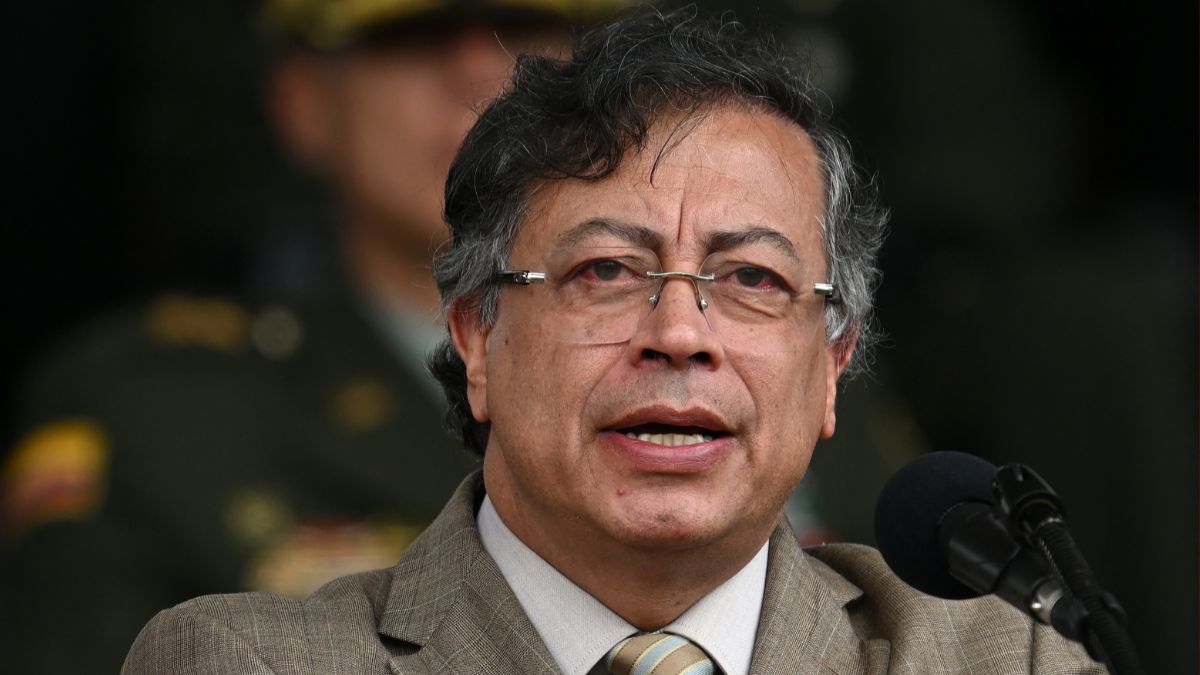)
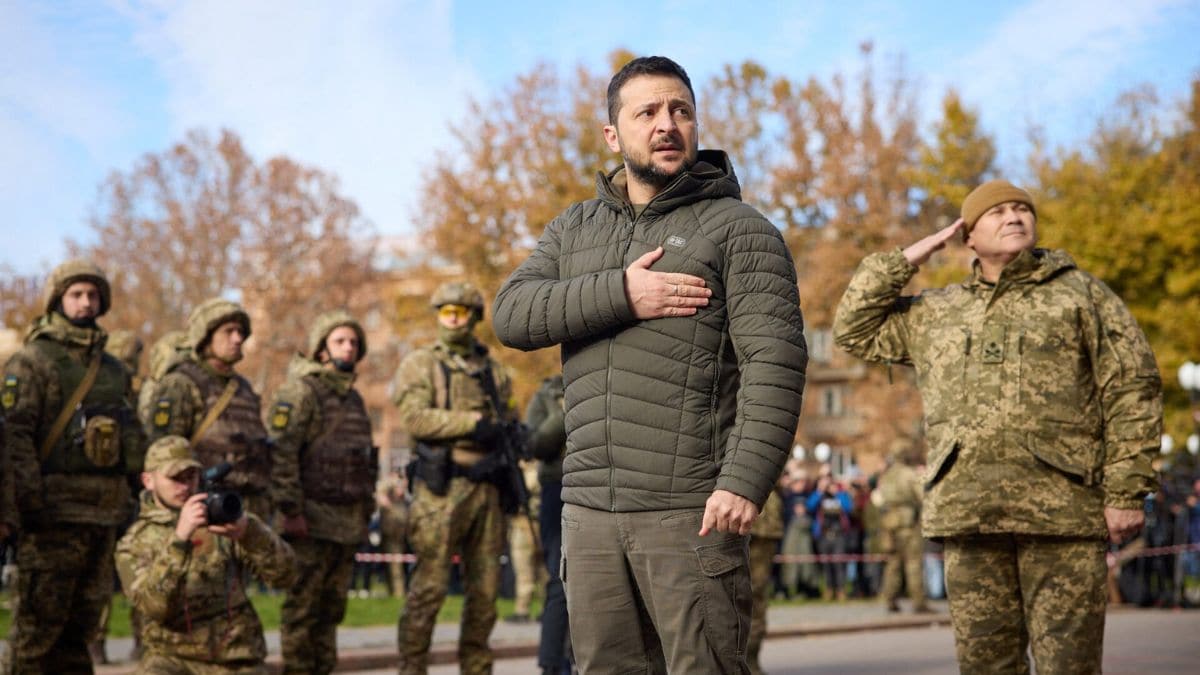
)
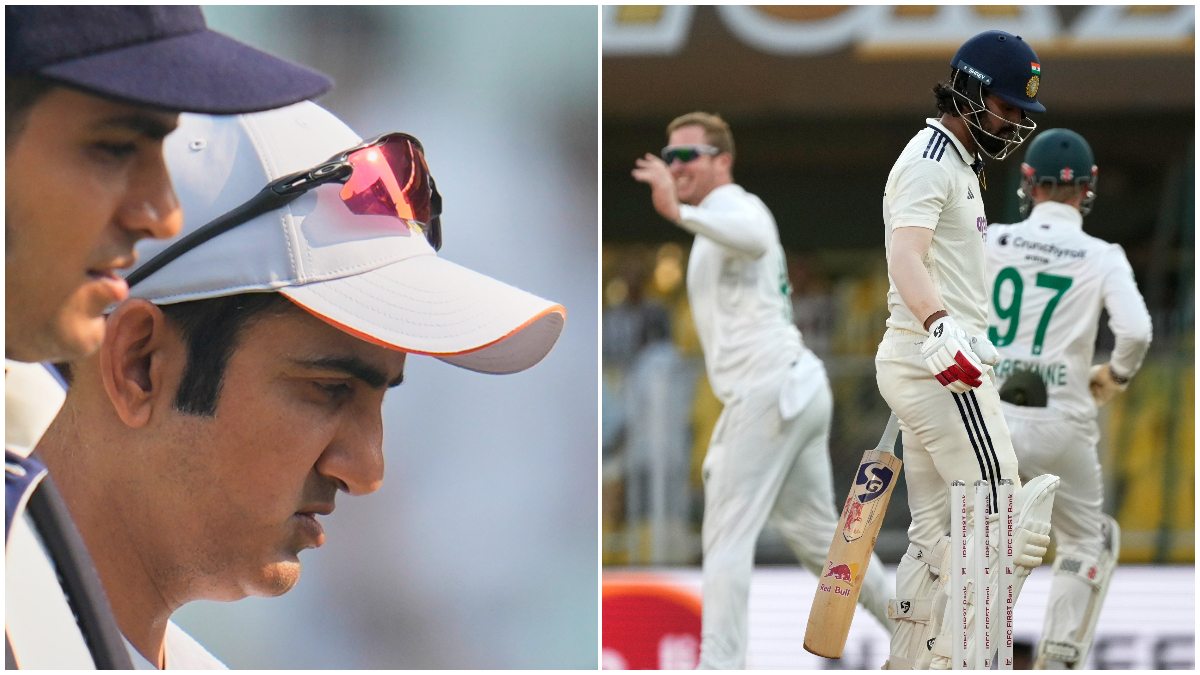)
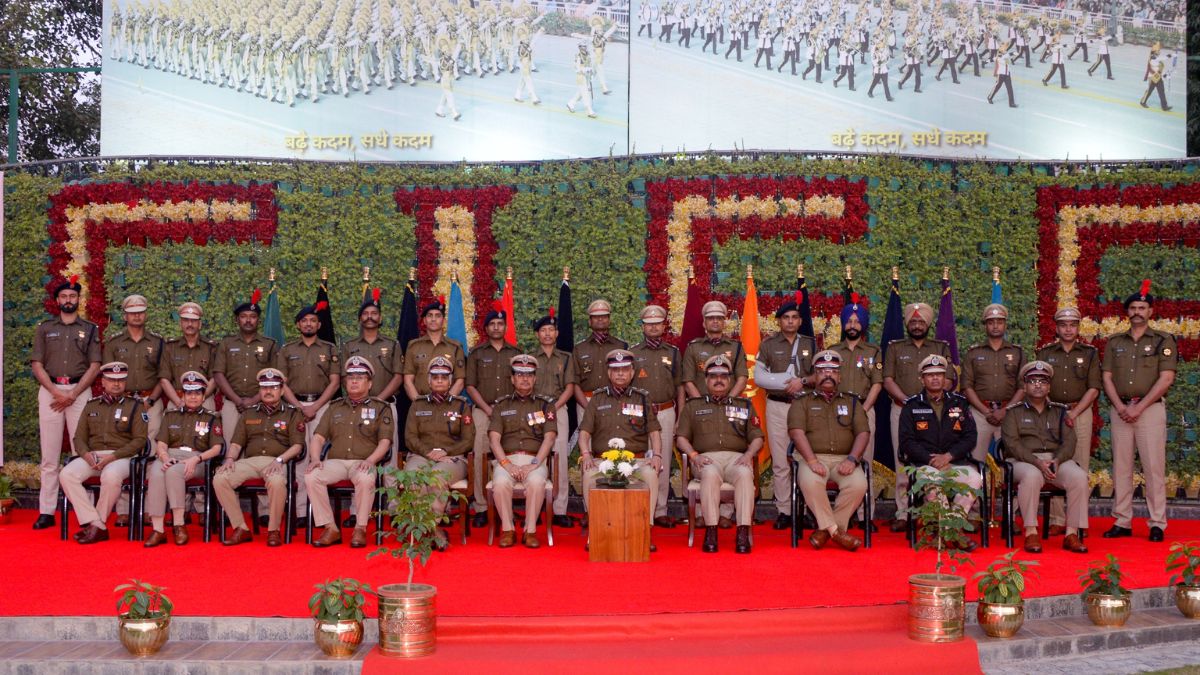)
)
)
)
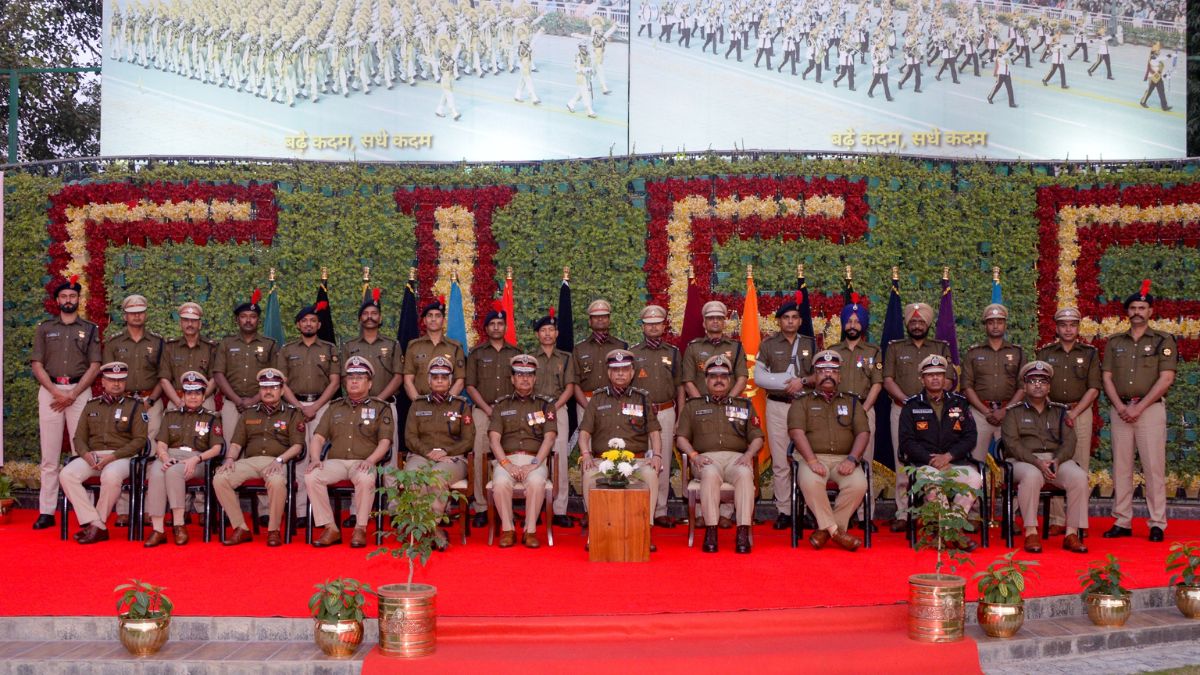)
)



